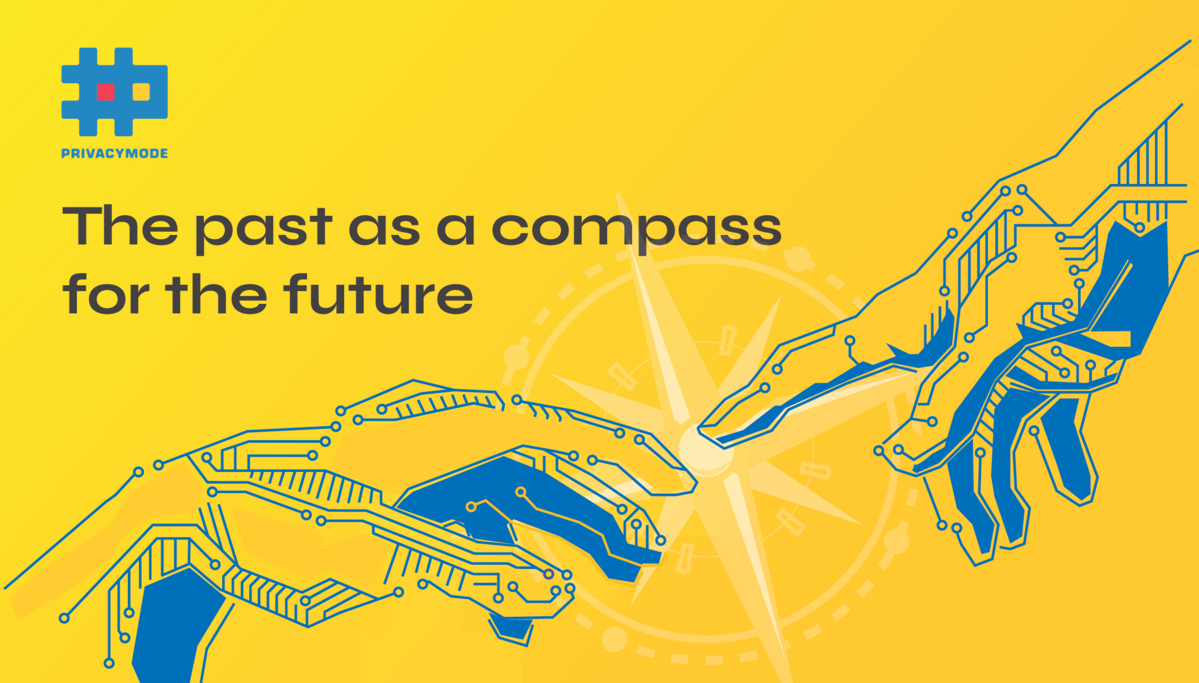
The past as a compass for the future
SMEs and the startup ecosystem in India share concerns about the (retracted) draft Data Protection Bill, 2021 - and the way forward for businesses
Aug 2022
22 Mon 02:58 PM – 02:58 PM IST
23 Tue 02:58 PM – 02:58 PM IST
24 Wed 02:58 PM – 02:58 PM IST
25 Thu 02:58 PM – 02:58 PM IST
26 Fri 02:58 PM – 02:58 PM IST
27 Sat 02:58 PM – 02:58 PM IST
28 Sun 02:58 PM – 02:58 PM IST
Aug 2022
29 Mon 02:58 PM – 02:58 PM IST
30 Tue 02:58 PM – 02:58 PM IST
31 Wed 02:58 PM – 02:58 PM IST
1 Thu 02:58 PM – 02:58 PM IST
2 Fri 02:58 PM – 02:58 PM IST
3 Sat 02:58 PM – 02:58 PM IST
4 Sun 02:58 PM – 02:58 PM IST
Sep 2022
5 Mon 02:58 PM – 02:58 PM IST
6 Tue 02:58 PM – 02:58 PM IST
7 Wed 02:58 PM – 02:58 PM IST
8 Thu 02:58 PM – 02:58 PM IST
9 Fri 02:58 PM – 02:58 PM IST
10 Sat 02:58 PM – 02:58 PM IST
11 Sun 02:58 PM – 02:58 PM IST
Sep 2022
12 Mon 02:58 PM – 02:58 PM IST
13 Tue 02:58 PM – 02:58 PM IST
14 Wed 02:58 PM – 02:58 PM IST
15 Thu 02:58 PM – 02:58 PM IST
16 Fri 02:58 PM – 02:58 PM IST
17 Sat 02:58 PM – 02:58 PM IST
18 Sun 02:58 PM – 02:58 PM IST
Sep 2022
19 Mon 02:58 PM – 02:58 PM IST
20 Tue 02:58 PM – 02:58 PM IST
21 Wed 02:58 PM – 02:58 PM IST
22 Thu 02:58 PM – 02:58 PM IST
23 Fri 02:58 PM – 02:58 PM IST
24 Sat 02:58 PM – 02:58 PM IST
25 Sun 02:58 PM – 02:58 PM IST
Sep 2022
26 Mon 02:58 PM – 02:58 PM IST
27 Tue 02:58 PM – 02:58 PM IST
28 Wed 02:58 PM – 02:58 PM IST
29 Thu 02:58 PM – 02:58 PM IST
30 Fri 02:58 PM – 02:58 PM IST
1 Sat
2 Sun


